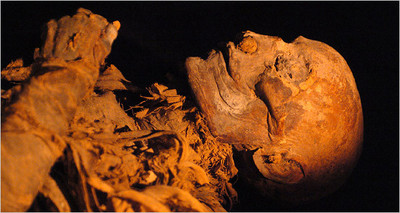
The Ancient Egyptians
Egypt was home to one of the oldest and most complex civilizations on the globe; the region has been inhabited for several millenniums B.C. By 3300 BC, two distinct kingdoms had arisen along the Nile River, known as Upper Egypt and Lower Egypt.
Pharaoh Menes is credited with uniting these two kingdoms to form what is now known as the Ancient Empire, that existed from 3200 to 2200 B.C. As Egyptian culture developed, religion played a monumental role in uniting customs, social structure, architecture, and art during these centuries.
The Ancient Empire eventually gave way to the Old Kingdom. Most of Egypt’s pyramids were built during this era. The first crude pyramids were constructed during the Third Dynasty, and the Great Pyramids of Giza were built during the 4th Dynasty. An Egyptian adventure cruise may provide the opportunity to visit the fantastic feats of architecture, which were built as monumental tombs for pharaohs. Ancient Egyptians worshipped their pharaohs as gods, and the construction of these massive structures reflects nothing less.
Recent findings have shown that the Egyptian governments recruited their builders from across the countryside. Peasants were enlisted to construct the pyramids during the annual Nile flood that covered their fields, thereby giving them year-around work. A recent excavation near one of the pyramids revealed a huge city that appears to have housed workers during construction.
The Old Kingdom came to end with a succession of civil, which combined with drought and famine, led to a succession of periods characterized by strife. Egyptian culture struggled to rise to its former glory throughout the next centuries. Finally, the New Kingdom arose with reforms and such notable individuals as the female pharaoh Hatshepsut. She built an extensive network of temples, and her reign was known for peace and prosperity. Ramses II was known for the huge amount of children he sired through his many concubines, and the tombs he built for them in the Valley of the Kings.
The period of Egyptian greatness came to an end as the region fell under Persian domination. It came into a new era when Alexander the Great arrived in 332 B.C. He founded Alexandria, and Egypt became a major hub of Greek trade. The Ptolemies came into power, most notably Queen Cleopatra. Cleopatra was known for her political liaisons and love affairs with Julius Caesar, and later with Marc Antony.
After her reign, Egypt slipped under Roman rule, and evolved into the Byzantine Empire. Arabs invaded the region in 639 A.D., and Egypt was conquered and converted largely to Islam.



ساحة النقاش